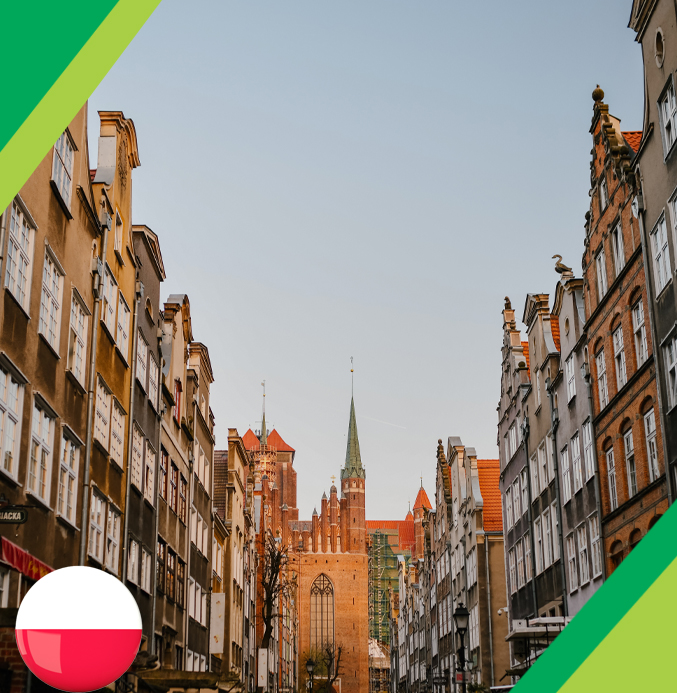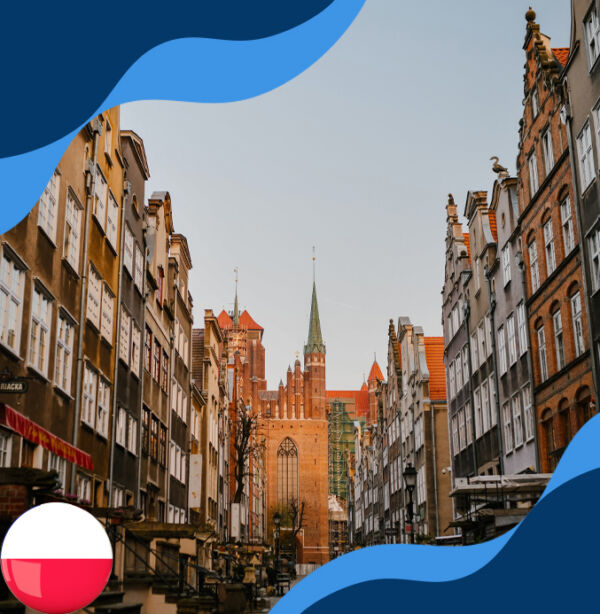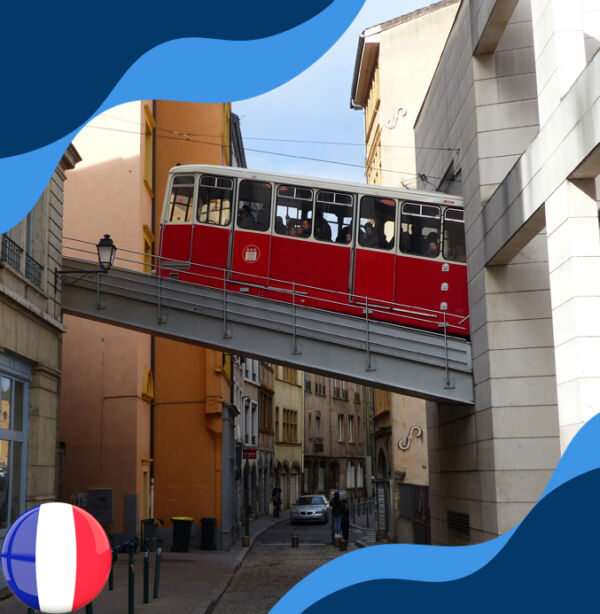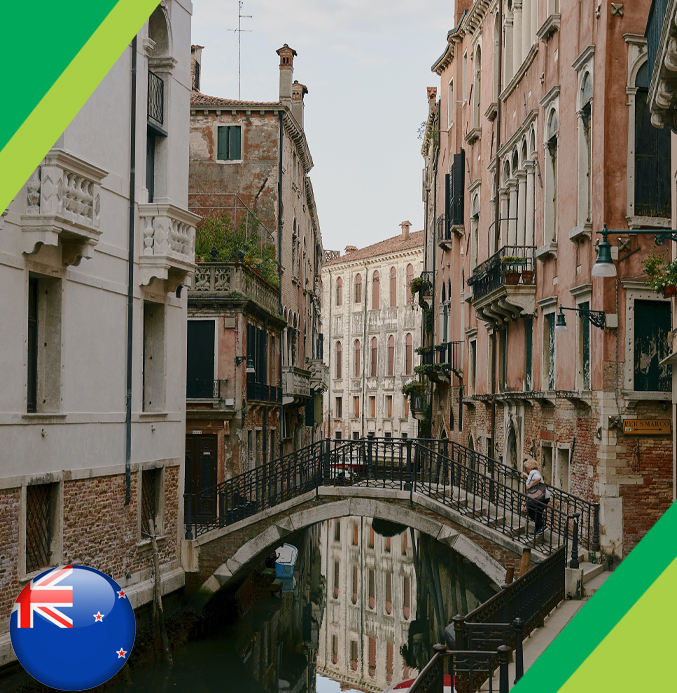Study In Czech Republic
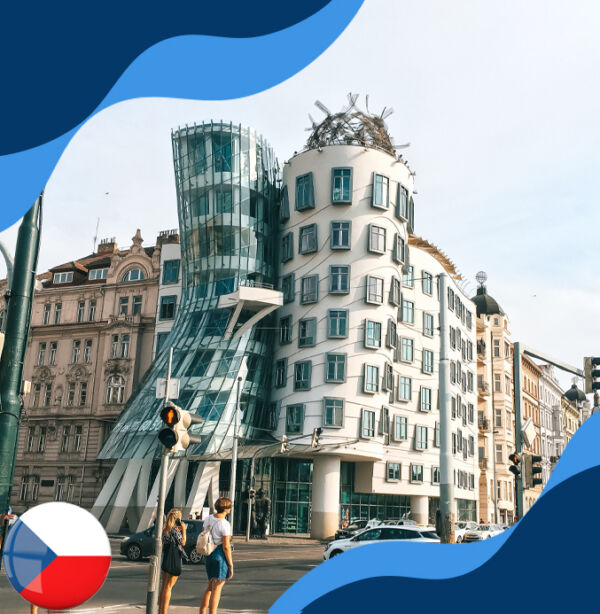
Nestled in the center of Europe, the Czech Republic is a country steeped in history. It borders Germany, Poland Austria & Slovakia.
It’s been populated for thousands of years and is a land dotted with castles, medieval towns, beautiful mountains, ancient ruins, and world-class wineries.
Once you are away from Prague: that beautiful (but crowded) city you’ll find an inexpensive country with some of the most beautiful and rugged landscape in this part of Europe.
It ranks as the 6th safest or most peaceful country on the Global Peace Index and is one of the most non-religious countries in the world even though the country has an abundance of churches and religious monuments.
Today the Czech Republic is thriving with the lowest unemployment in the EU. People are working everywhere. Steeped in history being sophisticated and edgy, the Czech Republic is a place having sights which would never make you go back home.
QUICK FACTS
- National name:Ceska Republika
- Capital:Prague
- large cities:Brno, 376,400; Ostrava, 317,700; Plzen, 164,900; Olomouc, 102,900
- Total Area:Land area: 29,836 sq mi (77,276 sq km
- Language:Czech and Slovak
- Currency:Korun or Koruna, Kc
- GDP:($194.8 billion (2013 EST.)
- Industries:metallurgy, machinery and equipment, motor vehicles, glass, armaments
WHY STUDY IN CZECH REPUBLIC
- Privileged geographical location
- One of the best educational systems in Europe
- More than 60 universities with unique programs
- Academic diversity
- Excellent curriculum which is catering to industry requirements
- Lower costs of living
- Cultural experience and fascinating history
- Highly safe for International students
- Long tradition of quality education
HIGHER EDUCATION SYSTEM
In the Czech Republic there are 26 public, 2 state and 44 private higher education institutions Undergraduate , Master’s and doctoral programs on offer with its duration are as follows
- Bachelors(3 to 4 years)
- Masters(4 to 6 years)
- Doctoral(usually 3 years)
COST OF STUDY
EUR 1000 per semester, a non refundable registration fee of EUR 20 (CZK 500) is charged by public institutions private university fix their own registration fees
COST OF LIVING
Cost of living in Czech Republic is comparatively cheaper than anywhere in Western Europe, Government estimates place total food, housing, and transportation costs for students in the Czech Republic at only 350-750 USD per month.




